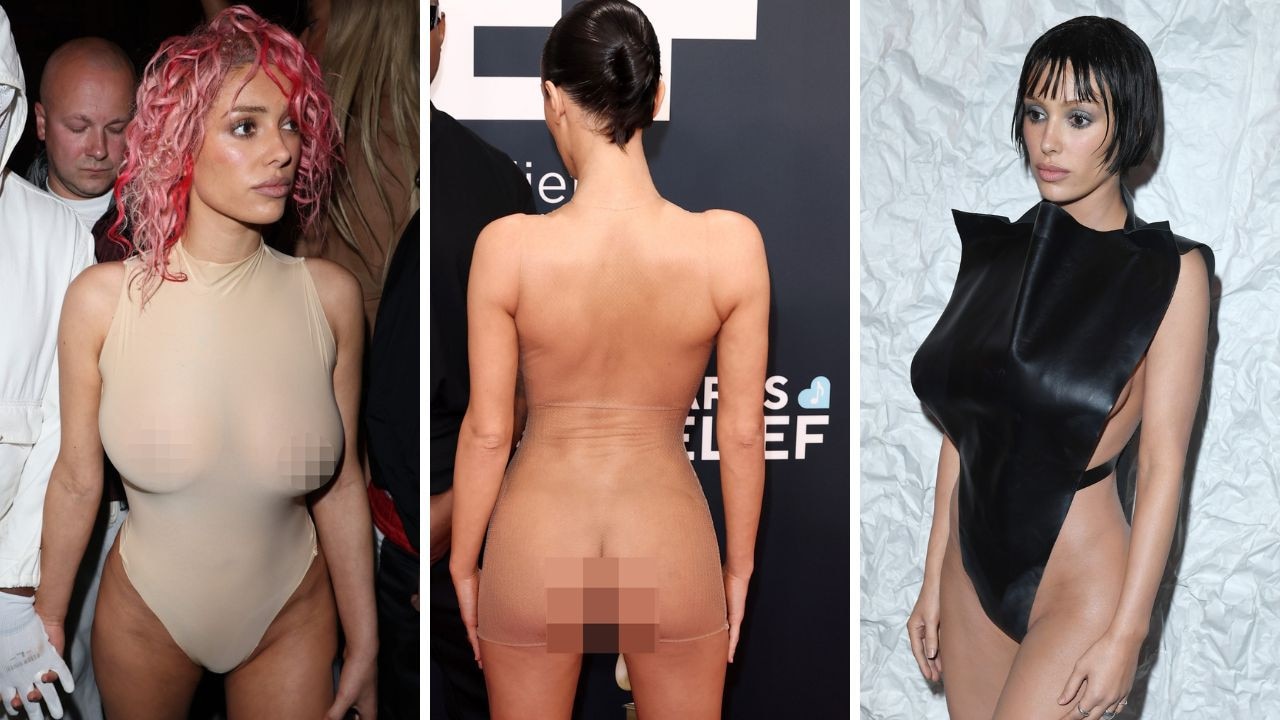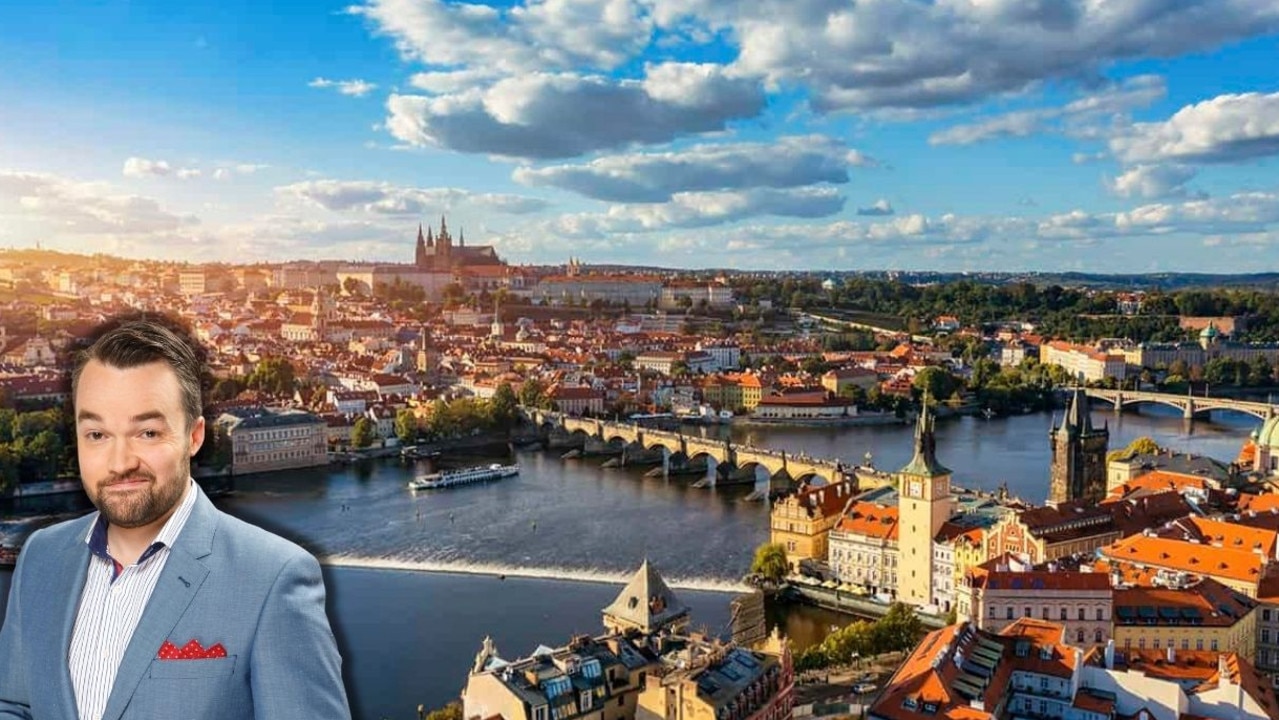Travis Fimmel: Dune Prophecy star on Black Snow, making beer and putting Australia first
He’s had global success with Vikings, Raised By Wolves and Dune: Prophecy, but Travis Fimmel reveals why he’s decided to put Australia first.
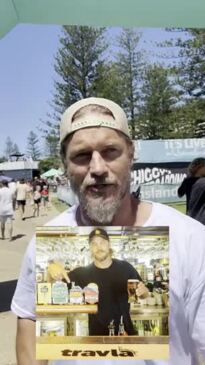
Aussie actor Travis Fimmel is living proof of the old adage that you can take the boy out of the country, but you can’t take the country out of the boy.
Even though his work in film and TV hits such as Vikings, Raised By Wolves and the acclaimed Dune: Prophecy, currently streaming here on Binge, he’s never happier than when he’s getting back to nature at the farm he grew up on just outside the Victorian town of Echuca.
“It’s always home,” he says, taking a break between shooting scenes of the second season of crime thriller Black Snow on the Gold Coast.
“I love it. That’s where there are people who grew up exactly the same way as me and I have the most in common with and same sense of humour and same dumbness.”
“That’s why I love the country so much because the country people are still the real heart of Australia and they are just the same as they were 100 years ago. They’re not trying to impress anybody. They’re not influenced by social media and all that bull***t. They are just themselves and happy to be themselves and very family orientated. They spend more time out than they spend getting ready to go out.”
Having spent most of the past two decades since his breakout TV role in Tarzan chasing productions around the globe, Fimmel says he’s now made a conscious decision to work more in Australia whenever possible.
Not only does it mean that he’s closer to the people and things he loves, but it also means he can share the homegrown stories he’s passionate about with the rest of the world.
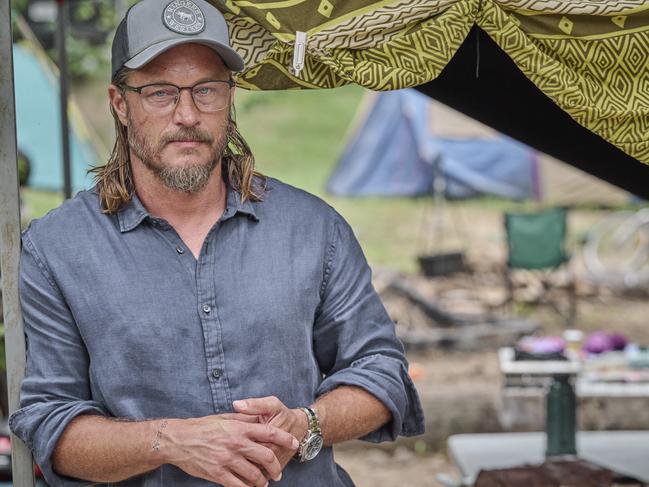
This year alone, he’s appeared as the druggie, dodgy, doomed father-figure Lyle in the global Netflix sensation that was Boy Swallows Universe and is about to return to our screens as the tortured but talented cold case detective James Cormack in Black Snow.
In each case, it was the Australian setting and storytelling that drew him back from bigger-paying jobs overseas to be a part of.
“I always say that you can’t out-action the Americans and you can’t out-budget them,” he says.
“We can only out-Australian them and so the more Australian the story is then the more unique we are. We’re always trying to be ourselves and not trying to impress other places and that’s what makes us unique. We should embrace it and enjoy it.”
The advent of streaming services here, Fimmel says, has also enabled actors such as himself to find a wider, richer array of roles than ever – and potentially have them seen by millions around the world, while also celebrating local culture and issues.
“For a lot of actors, we always want to work in Australia and now there’s a lot more opportunity and through the opportunity and the work here, the quality gets better. We’ve always had amazingly good quality stuff, but it now gets seen overseas.
“Otherwise it would just normally be on TV stations here with 27 million people … which really restricts a budget. But now with streaming, Aussies can be seen everywhere. So I think you will find a lot more Aussie actors will choose to stay here instead of chasing opportunities overseas because there are enough here.”
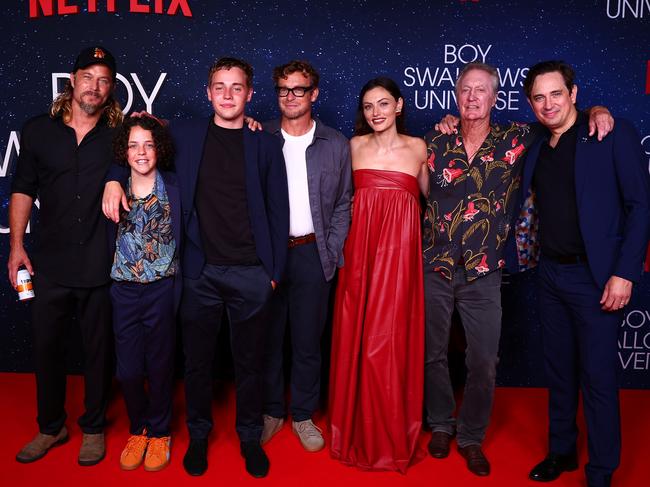
After the first season of Black Snow was met with critical and audience acclaim – and nominated at last year’s Logies and AACTA Awards – Fimmel was excited to back into the skin of Cormack, filming on the Gold Coast and around Queensland’s spectacular Glasshouse Mountains.
Once again the driven but sometimes unstable detective is trying to solve a decades old murder – this time a young woman from a fractured family, who disappeared on her 21st birthday – while trying to unravel his own family mystery.
After the first season ended on something of a cliffhanger with the appearance of someone who may or may not have been his long-missing, presumed dead, younger brother, the second season hits the ground running with the re-emergence of Cormack’s abusive, recovering alcoholic father, who provides some context for the detective’s rage, occasional self-harm and passion for helping the vulnerable.
Series creator Lucas Taylor, who wrote the part with Fimmel in mind not knowing whether he would be interested or available, says that his lead actor has stepped up his involvement to the point that they are now “co-parenting” the lead character.
Fimmel is not only an executive producer on the show but also stepped behind the lens for the first time to direct the crucial finale of the six-episode series.
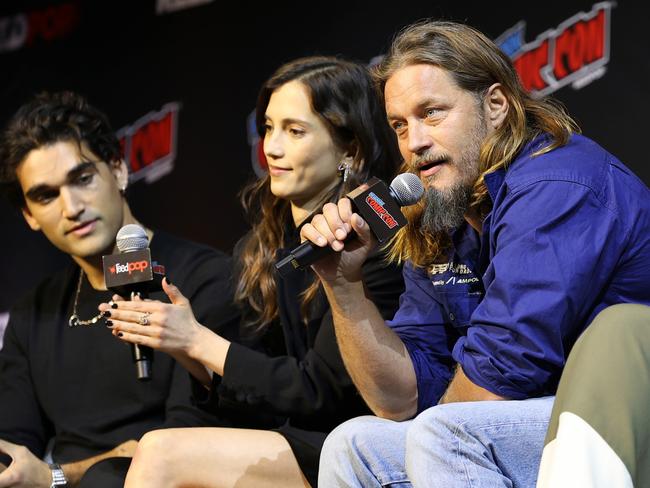
“I feel like I gave birth to Cormack years ago on the page, but then Travis has raised him and he has brought incredible dimension to this character and made it uniquely his own” says Taylor.
“We’ve worked closely together throughout scripting on where Cormack is going and particularly where he’s going personally and how those challenges manifest and how we can put him under pressure and how he responds to that pressure. Working with him on that is a joy because it’s such a rich collaboration.”
“I always thought he, as well as being an incredible performer, he has this wonderful mix of what you might call old-school strength and a physical presence about him but with a deep empathy. That to me was something that was key to the Cormack that I was discovering on the page.”
While the first season of Dune: Prophecy – based on Frank Herbert’s trailblazing sci-fi novels and set 10,000 years before Denis Villeneuve’s two movies starring Timothee Chalomet – is still revealing itself, Fimmel’s mysterious, dangerous and slightly off-kilter warrior with a grudge Desmond Hart has proved to be one of the highlights of the star-studded cast.
And despite saying claiming to be “not a sci-fi guy at all” he’s hoping to head back to Europe next year to film more.
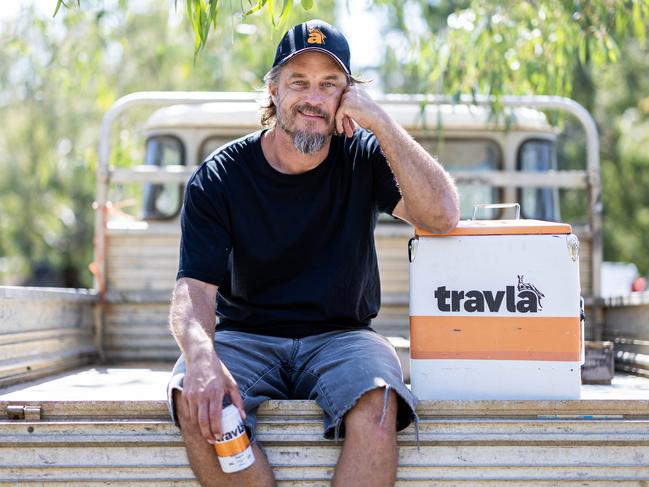
“It was really enjoyable” he says.
“The writing was awesome on that and I spent about six months over in Europe and it was a really good experience. It’s good to be working.”
In the meantime, he’s literally putting his money where his mouth is in terms of his patriotism, with the rise of Travla, the Australian-owned beer that Fimmel founded in 2022 with a couple of his “farmboy mates” and MasterChef judge Andy Allen.
With traditional “Aussie” beer brands such as VB, Tooheys and XXXX now in foreign hands, he wanted to help create the kind of brew that he would want to drink, while also ensuring that the money stayed in this country.
“The beer is going good,” he says.
“We have learned a lot from the first year. This is just a normal traditional Aussie lager, nothing fruity or anything. I think the older I get the more I want to push people to be proud to be Australians and stop drinking foreign drinks that they actually think are Australian. We have a beautiful country and I want to support it.”
Black Snow Season Two streams on Stan from New Year’s Day. Dune: Prophecy is now streaming on Binge.
More Coverage
Originally published as Travis Fimmel: Dune Prophecy star on Black Snow, making beer and putting Australia first



